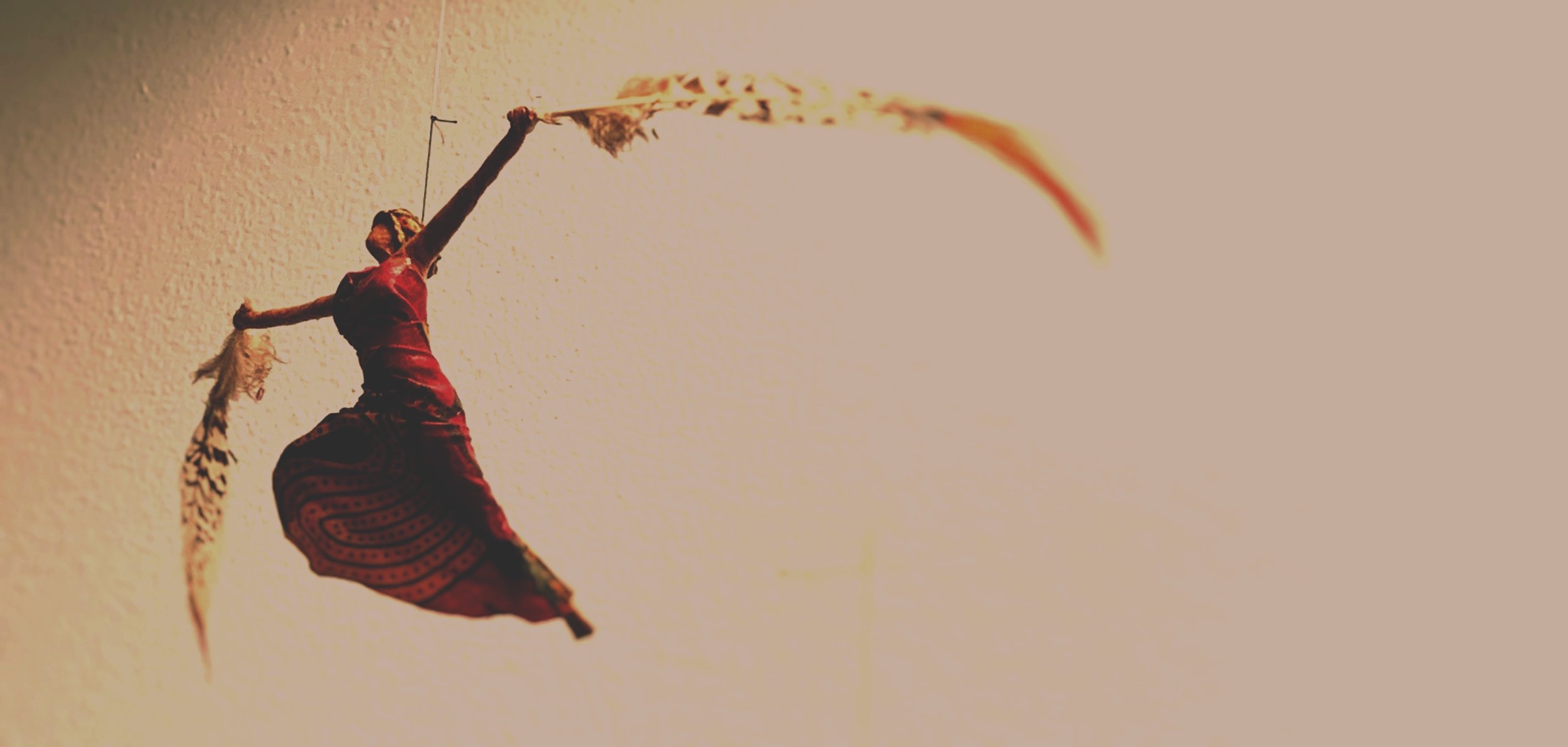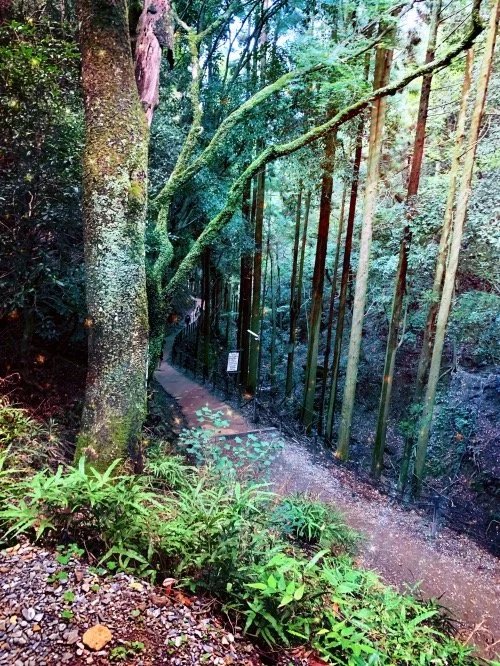Innate Path Therapeutic Map
-
The body has innate ways of releasing what it holds, but for many reasons, modern humans suppress this system. As time goes on, suppressed emotion, looping memories and unresolved nervous system charge build up. The accumulation of unreleased material, carried at the subconscious level, causes symptoms associated with anxiety, depression and PTSD.
By reigniting our natural instinct to release, we can heal our symptoms. As we bring awareness to sensations in our bodies, we begin to open up an innate healing channel. The body then begins to release and digest what it holds allowing the intelligence of our symptoms to be revealed. Psychedelics, or ‘expressive medicines,’ support this process tremendously.
-
Humans are children much longer than any other mammal, because it takes that long for us to learn all we need to develop the complexity of an adult human. Early developmental programming, attachment styles, beliefs and roles within our families have deep subconscious influence. This programming can lead to problems in adulthood with relation to our selves, the world and others.
We also tend to compartmentalize aspects of ourselves during childhood, forming parts. These parts can be strategically suppressed if we think they are bad, or they hold threatening experiences and memories.
Psychedelics take us to a timeless place allowing us access to childhood parts and early programming which when brought into the present moment can be healed, integrated and/or updated.
-
When working with psychedelics we access our minds in a non-ordinary way, which can also be accessed through many years of meditation. Buddhist psychology maps the non-ordinary mental terrain in a way that helps us understand ourselves better.
Originally understood to address the suffering of the mind, Buddhist wisdom in the psychedelic realm is a powerful, much needed tool for the modern world. It gives us tools to work with symptoms that exist in the realms of mind, such as inner conflict, perseveration, limiting beliefs of self and inauthenticity.
-
Trauma symptoms can be described as stored (encapsulated) passive defense responses, experienced when an overwhelming event occurs and encapsulated when not released after the fact. Our main passive defense when overwhelmed, acutely or chronically, is dissociation.
We can dissociate in many ways, through our sense of self and other, physically, mentally and even, and sometimes most profoundly, spiritually.
Symptoms of dissociation are seen as the trickiest symptoms to treat in therapy. This is where the magic of psychedelics can help us the most, in getting access to our dissociative symptoms. Trauma cannot be fully healed without processing and integrating dissociative charge and encapsulations of memory or parts.
-
Larger dose psychedelic experiences, can put us in touch with the ineffable, a non-egoic experience which brings insight into ourselves and the world. These ‘big’ experiences are what is often thought of when we think about psychedelic healing. They are beautiful and helpful but afterward require us to apply the insight into our lives. Over time this can become a struggle and feel like another therapeutic failure, continuing the hope and fear cycle of ‘self improvement’.
Another thing to consider when using larger doses is the intimidation factor which can put psychedelic therapy out of reach for many.
In contrast, a psycholytic approach (using mid-range doses of psychedelics) gives us access to daily life struggles, not the ineffable but our human world, where our human wounds reside. With the support of lower doses we get in touch with our personal subconscious, through a waking dream-like state, where our bodies and minds are present allowing us to steer the experience. This state is ideal for contacting inner healers and undoing blocks.
When we address this level of our consciousness, the shifts we make during sessions are permanent, bottom-up releases and updates. This type of healing does not rely on insight or management from our conscious minds. A reduction in fear is also possible because there is no need to relinquish control.
That is the promise of a psycholytic approach to psychedelic therapy, a type of therapy that does not overwhelm our conscious control and allows us to bring to the surface our buried habitual suffering so we can experience lasting resolution. Working with lower doses allows us to build a conscious relationship with our inner world. It also allows for more therapeutic support, reducing fear, building trust and carefully addressing therapeutic goals.
-
Psychedelics put us in undeniable contact with intangible and ineffable aspects of our being and of the world around us. For example we often contact parts of us that live in a timeless way, trapped in a memory, and yet we can communicate and heal them in the present moment. This example defies our modern, material understanding of time and consciousness. When working with psychedelic medicines there are many experiences that defy our current understanding of reality, but resonate strongly with ancient and indigenous maps of reality.
Another task of adopting psychedelics back into the Western medicine paradigm is to explore these experiences and adapt our maps of reality.

Training design philosophy:
Personal Process of the Practitioner
A competent psychedelic therapist is someone committed to their own inner work, someone who knows the path they ask their clients to walk. Psychedelic therapy is not a new tool, pharmaceutical or modality that makes traditional therapy more effective. It is a wholly different experience of what it means to heal and have health. Through psychedelics we are given access to our subconscious depths and what we find there is an innate intelligence and a drive to heal. To effectively navigate this inner landscape we need to know the rules and what it’s like to recover our own health. We will need to know how to unwind deeply ingrained defenses, accept and integrate parts of ourselves that we have rejected and feel into challenging emotions we may have suppressed early in life. The reward is renewed self love, freedom and authenticity.
Learning through experience
The Innate Path model begins with theory and quickly moves into applying it, learning during the psychedelic experience, rather than from it or about it. This learning doesn’t fundamentally happen by thinking or doing, but by feeling the complexity of how we experience our bodies, emotions and minds and learning the innate pathways to healing.
Learning in community
Psychedelic therapy is a deep dive into individual and collective trauma. It is important to recognize that we cannot hold the weight of it all alone. Many of us have tried and gotten overwhelmed, burnt out or lost in the hopelessness that our clients may feel while processing their trauma. That is why a supportive community of other practitioners dedicated to their personal work is so important.
Experiential Practitioner Training
This 10 week training is designed to put the practitioner in the client seat to immerse oneself in the process of personal transformation. Our goal is for each participant to engage, work with and transform an element of their own work that has felt stuck, suppressed, difficult or just ready to shift. By remaining in the client seat throughout this 10 weeks participants put down the role of practitioner, removing the expectation of performance and enhancing receptive engagement.
-
We will spend 2 full days preparing for experiential session and getting an overview of the guiding theory.
Day One: Preparing for the 10-week experiential sessions, as participant and witness.
Day Two: Two weeks later we will meet again, after everyone has received and witnessed a session, to go deeper into the theory and the tools to support our innate healers.
-
This is where the heart of the training lies. All dyads are led by one of the instructors and are held at Innate Path.
Each week, for two hours, one person will receive and the other observe a therapeutic psychedelic experience using either ketamine or cannabis.
(Before the training begins you will be given a weekly schedule of days/times to sign up for both witnessing and receiving).
-
As a group each week, we come together to share our experiences, offer support and dive deeper into the theory, guided by the questions emerging from the sessions.
Being in community as we go through a process of healing also brings up the wounds of belonging we all share and give us an opportunity to do some healing on that level as well.
Upcoming Dates for Practitioner Training:
Spring 2025 - Begins February 8th and runs through April 17th
Cost: $4,500
Mastery Classes
Our mission is to support the growth of psychedelic medicines being adopted ethically and effectively within a supportive, engaged community. After completing the Experiential Practitioner training you will be invited to continue with the Innate Path community to deepen your skills, build confidence and mastery.
-
Join 2 other community members in a weekly pod supervised by a lead instructor. For the first 3 weeks of the month pod members will take turns holding, receiving and witnessing sessions with a supervisor who will offer feedback and process the sessions during the 4th week.
Each pod will run for 3 months at a time.
-
The goal of this group is to explore self healing in a community container, tracking the process through journaling and group process.
This group will meet bi-monthly for 3 months.
Upcoming Dates for Mastery Classes:
2025 - See community newsletter for how to join upcoming medicine groups and supervision pods
Instructor Apprenticeship
After mastery classes you can request to join our instructor team through apprenticeship. We will hold an instructor training once/year and invite those who join to be supervised instructors in community groups and basic trainings.
Our goal is offer ways for our community members to deepen their knowledge and confidence and to act as leaders in the field of psychedelic healing as these types of services grow, develop and transform our health systems.
Community Collaborations:
Colorado Psychedelic Practitioners Cohort DMT Facilitator Training
Running January - June 2025 and hosted by a member of our community, Tony Shawcross of Skeptical Seekers in Denver:
Participants will learn the pharmacology of DMT, learn to prepare and extract their own Ayahuasca & DMT, experience and learn about ceremony held by experienced Ayahuasquerans and guides, and then get supervised practice receiving therapy sessions utilizing the medicine they prepare through the program. Innate Path will be instructing in therapeutic technique and instructing the sessions.
Non-Local Cohort Retreat - Houston TX
Innate Path will hold our first non-local collaboration with a peer supervision group in Houston Texas in December 2024. This will be our first experiment with a retreat-style experiential training designed to seed and supervise a non-local group of practitioners. We hope to add this to our ongoing offerings. If you are involved in a professional peer supervision and would like to invite us in to deepen your therapeutic skills feel free to reach out and we will be happy to discuss the possibilities.
Reflections on Training from Community Members:






